forty-first roundtable of the "fudan transnational law forum": investment treaties and general international law
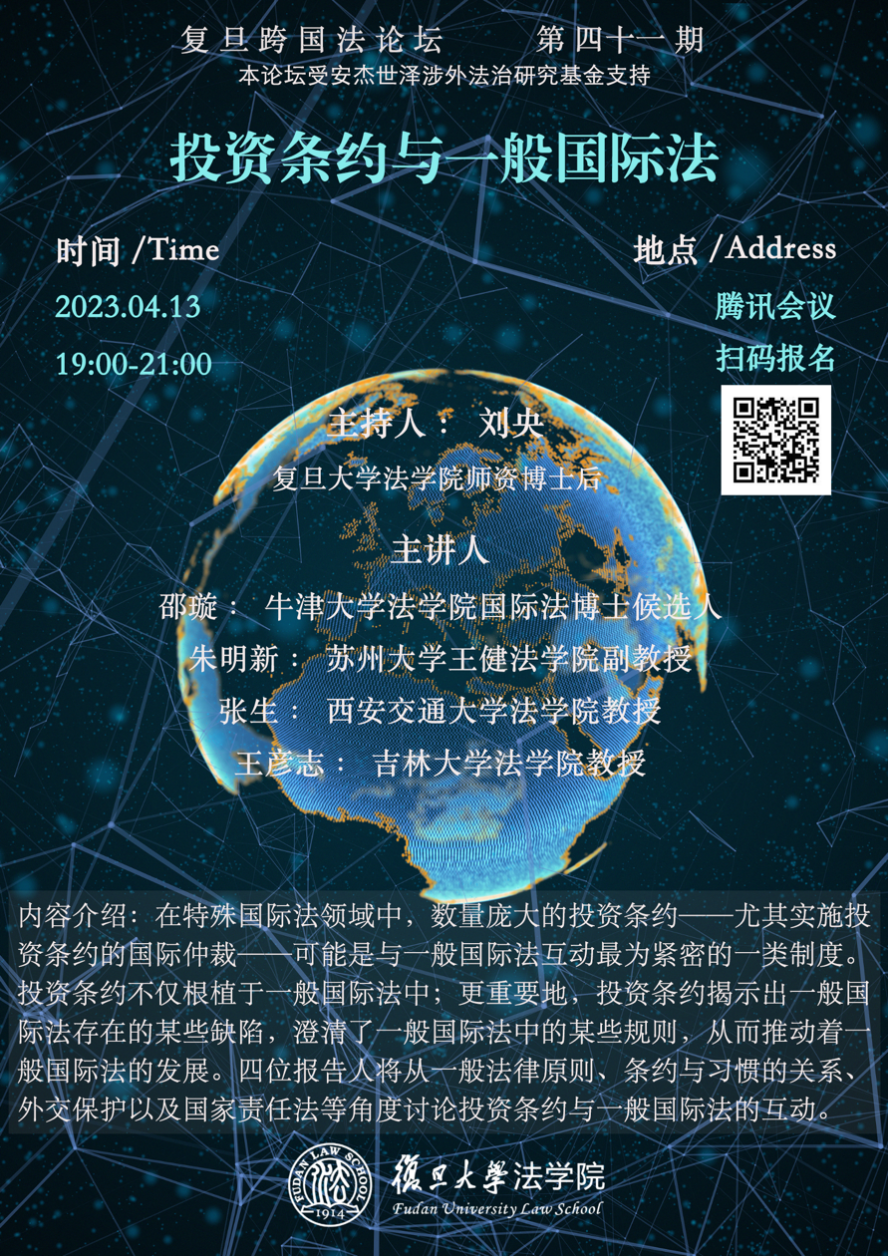
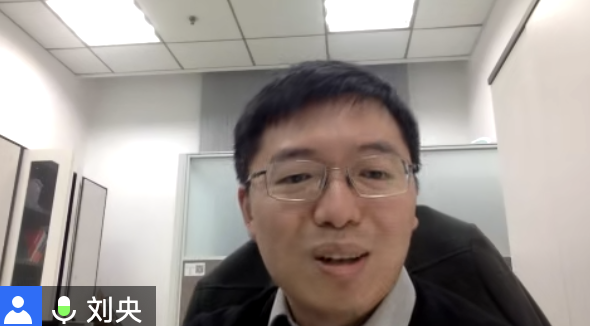
on april 13, 2023, "fudan transnational law forum" (the former "fudan transnational corporations and law forum") resumed its activities, hosting an online roundtable discussion of "investment treaties and general international law". "fudan transnational law forum" is sponsored by anjie broad law firm and organized by the center of the rule of foreign-related law at fudan university law school. dr. liu yang, postdoctoral teaching fellow of fudan university law school, moderated the roundtable discussion. four distinguished panelists participated in the roundtable: ms. shao xuan, dphil candidate of oxford university's faculty of law, dr. zhu mingxin, associate professor of kenneth wang school of law of soochow university, dr. zhang sheng, professor of xi'an jiaotong university school of law, and dr. wang yanzhi, professor of jilin university school of law. nearly 200 students, academia, and practitioners attended the roundtable.
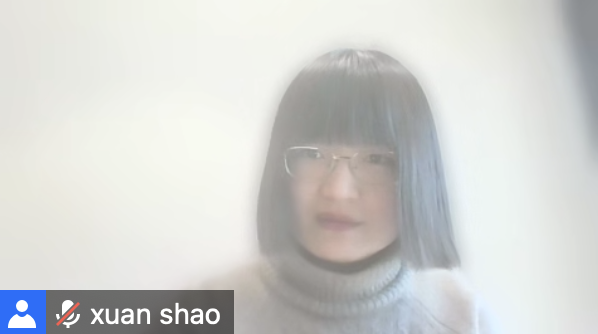
ms. shao xuan's speech focused on general principles of law in international investment law. she started by introducing the nature and identification criteria of general principles of law, as well as this source's relationship with other sources of international law. then, she further explained the role of general principles of law at various development stages of international investment law. she concluded by commenting on the mainstream views on general principles of law in international investment law among academia and practitioners.

associate professor zhu mingxin characterized the intertwined relationship between treaties and customary law in international investment as transformation, coexistence, and promotion. he argued that treaties and customary law in international investment law are neither "clinically isolated" nor "systematically integrated", but somewhere between the two ends. on the one hand, arbitration can generate new norms. on the other hand, treaties can control the development of customary law. he called for more attention from countries to the interaction between treaties and customary law in international investment law in order to make appropriate decisions.
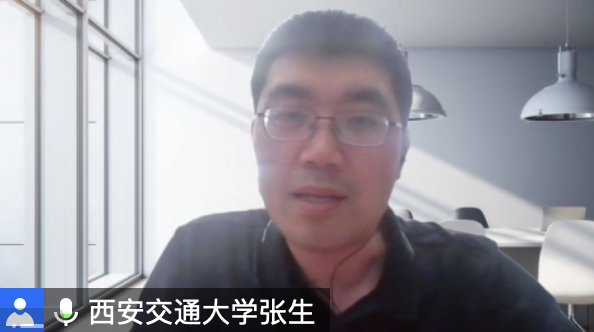
professor zhang sheng analyzed the space left for diplomatic protection under the international investment treaty system. he argued that diplomatic protection is a "residual mechanism" for investment dispute resolution when investment arbitration and other alternative dispute resolution mechanisms are unavailable in the regime of international investment law. the inter-state arbitration provided by investment treaties also provides new paths for diplomatic protection. however, diplomatic protection can sometimes complicate dispute resolution. in response to a host country's violation of an investment treaty, both investor-state arbitration and diplomatic protection by the investor's home country may be triggered simultaneously, but existing rules cannot solve such conflicts well.
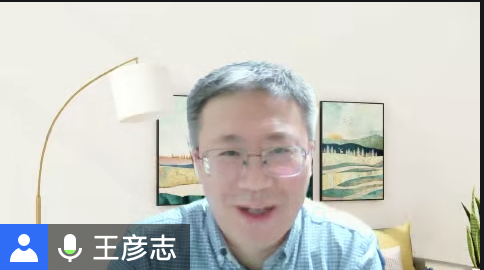
professor wang yanzhi discussed the relationship between international investment law and the law on state responsibility for internationally wrongful acts from both macro and micro perspectives. he firstly illustrated the breadth and delicateness of this topic by introducing the major literature, core text, and cases involving the interaction between the two. then, he analyzed the controversial relationship between necessity stipulated by article 25 of the draft articles on responsibility of states for internationally wrongful acts and non-exclusionary measure clauses provided in investment treaties, from the perspectives of the relations between primary rules and secondary rules, special law and general law, and interpretative and law-making methodologies.
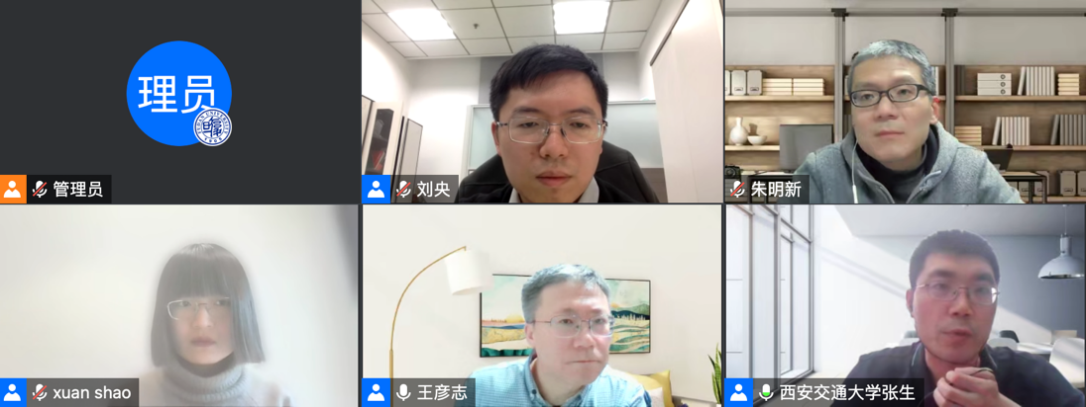
during the discussion session, the panelists gave detailed responses to questions such as whether general international law would be codified into investment treaties, the applicability of article 27 of the draft articles on responsibility of states for internationally wrongful acts in investment arbitration and other fields of international law, and the development trend of diplomatic protection in resolving investment disputes.


